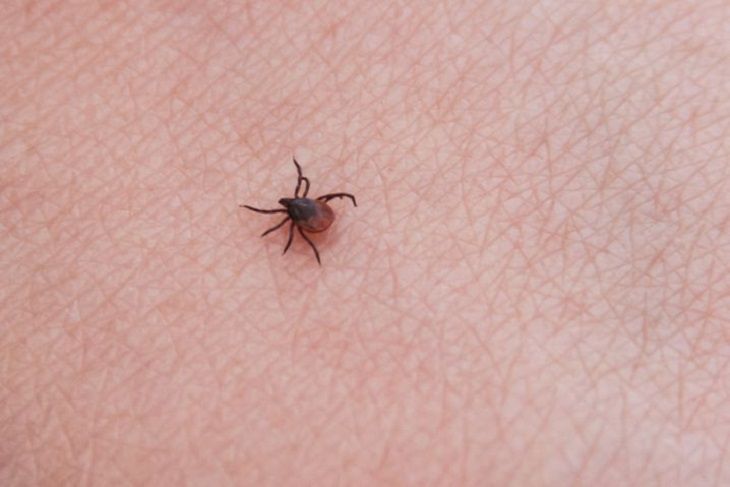Which plant repels ticks: effective means for protecting the garden
Ticks are one of the most dangerous pests that can live in your garden.
These small insects carry a variety of diseases, such as Lyme disease and encephalitis, posing a serious threat to the health of humans and pets.
Many gardeners and owners of country plots are looking for effective ways to protect themselves from these pests without resorting to aggressive chemicals.
Anastasia Kovrizhnykh, an expert of the online publication BelNovosti, agronomist and landscape designer, spoke about which of these methods are considered the most effective.
Lavender is a natural repellent
One of the most effective plants for repelling ticks is lavender.

This beautiful and aromatic herb is known for its calming scent and wide range of beneficial properties.
However, not everyone knows that the smell of lavender has a repelling effect on ticks.
The essential oils found in lavender flowers create a barrier that keeps pests out of your garden.
How to Use Lavender
For maximum effect, lavender should be planted around the perimeter of the site or near recreation areas.
Lavender is easy to care for and grows well in sunny places with drained soil.
It can be used not only in hedges, but also in pots that can be easily moved around the garden as needed.
Wormwood - additional protection
Another plant that effectively repels ticks is wormwood.
This plant has a strong aroma and contains bitter substances that insects cannot stand.
Wormwood can be planted either alone or in combination with other plants, creating a kind of protective cocktail for your garden.
Wormwood also serves as an excellent decoration and can be used as an ornamental element in landscape design.
Uses of wormwood
To repel ticks, wormwood can be planted along paths and around places where you often spend time.
Dried leaves and stems of wormwood can be used to create infusions that are sprayed on garden plants.
This will help create an additional protective layer and reduce the risk of parasites.
Rosemary – an aromatic remedy
Rosemary is not only a wonderful culinary herb, but also an effective natural repellent.
Rosemary essential oils have antiseptic properties and repel many insects, including ticks.
Planting rosemary near home entrances and high traffic areas will help create a barrier against pests.
Rosemary Care Tips
Rosemary prefers sunny areas and well-drained soil.
This plant does not require complex care and easily tolerates dry conditions.
Regular leaf picking and pruning will help keep the bush healthy and enhance its protective properties.
Mint - freshness and protection
Mint is known for its refreshing aroma and wide range of culinary and medicinal uses.
However, few people know that mint is also effective against ticks.
Essential oils of mint, especially peppermint oil, repel insects and create a pleasant aroma in the garden.
Mint grows easily and spreads quickly, making it an excellent choice for natural protection.
How to use mint
Mint can be planted along the borders of the plot or in places where you often relax.
Infusions and decoctions of mint can be used to spray plants and surfaces, which will increase protection against ticks.
Mint also attracts beneficial insects such as bees, which contributes to the overall health of the garden.
Earlier we told you how to properly treat tomatoes with kefir.
